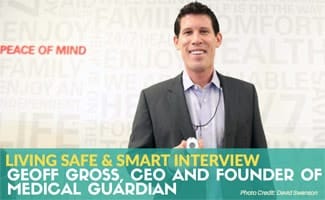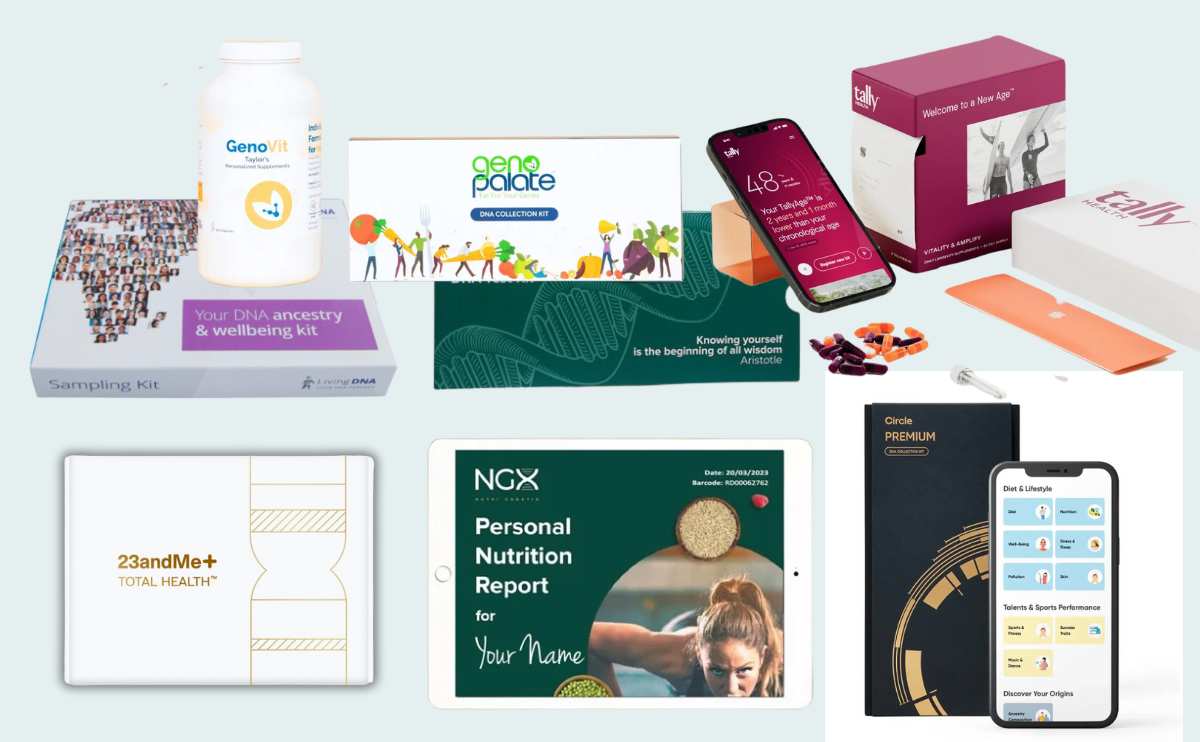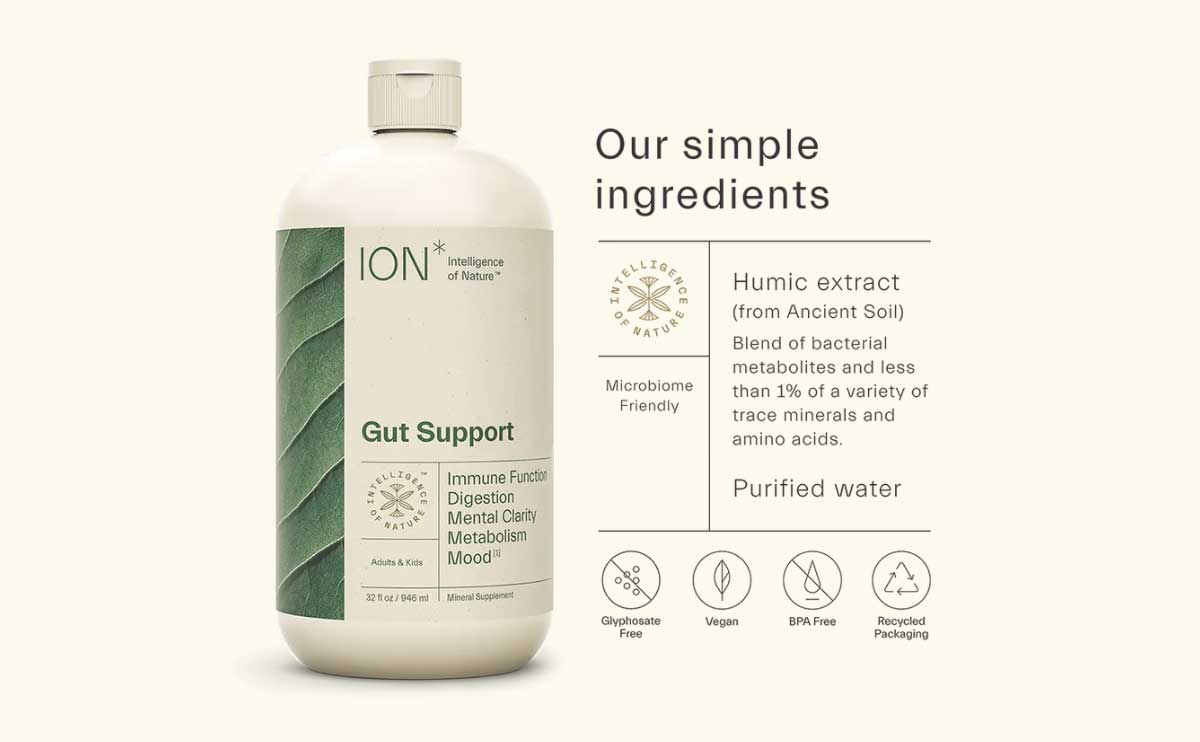4 Simple Steps You Can Take At Home To Be Healthier And Happier
When you purchase through links on our site, we may earn a commission. Here’s how it works.

4 Simple Steps To Staying Healthy & Happy Today
- How Can I Monitor My Health?
- Is Technology A Danger To My Health?
- Are Online Doctors Any Good?
- Home Safety
1) Keep Track Of Your Exercise & Health Stats
Wearable tech can help you learn more about your daily activity and overall health. Fitness trackers keep track of many things including your heart rate, number of steps taken, number of calories you’ve burned, location, sleep and more. Not only is this information useful for you to know, but it’s good to share with your doctor as well.

Another item your doctor may ask you to track is your blood pressure, but how do you know which one is accurate and easy to operate? We’ve reviewed the best blood pressure monitors and ranked them according to how easy they are to work, accuracy, price and more.
2) Is Technology Helping Or Hurting Your Health?
Technology is wonderful – it helps us find where we’re going, look up the best restaurants, even locate family members or lost devices. But if we overuse them, like anything in life, there can be consequences. When we’re looking at and using computers, phones and televisions, we’re straining our eyes, hurting our necks and using the muscles in our hands in unusual ways.
Here’s 7 simple at-home ergonomic exercises you can do right now.
3) Are Online Doctors Legit?

Online doctors aren’t meant to take over the role of your PCP, but they can fill in for them now and then. You won’t be able to see a virtual doctor for a more severe condition, but they can diagnose some pretty basic illnesses (such as allergies, cold sores, pink eye, bronchitis, etc.). Bonus – you can get a consultation in the comfort of your own home, and don’t have to wait in line around a bunch of other sick people!
Next time you find yourself sniffling on a Friday evening, get into the doctor right away instead of waiting for yours to be available Monday morning. We review the top online doctors and bring you pros, cons, patient feedback and more.
4) Keeping Elders & Disabled Loved Ones Safe

Medical alert systems can give you and your loved ones peace of mind. These devices can be worn as necklaces or bracelets, so they are with you 24/7, even in the shower (a common place where injuries occur). Some of them also support fall detection, where medical personnel, family or friends are notified the second you take a spill.
If you’re interested in learning more, we’ve compared some of the best medical alert systems and have written in-depth about Medical Guardian. We’ve also interviewed the CEO and founder of Medical Guardian.
The coronavirus (COVID-19) outbreak is a perfect example of how vulnerable our elderly population is, especially in developing countries. Don’t be afraid to take the steps you need to to keep yourself and your loved ones cared for.




